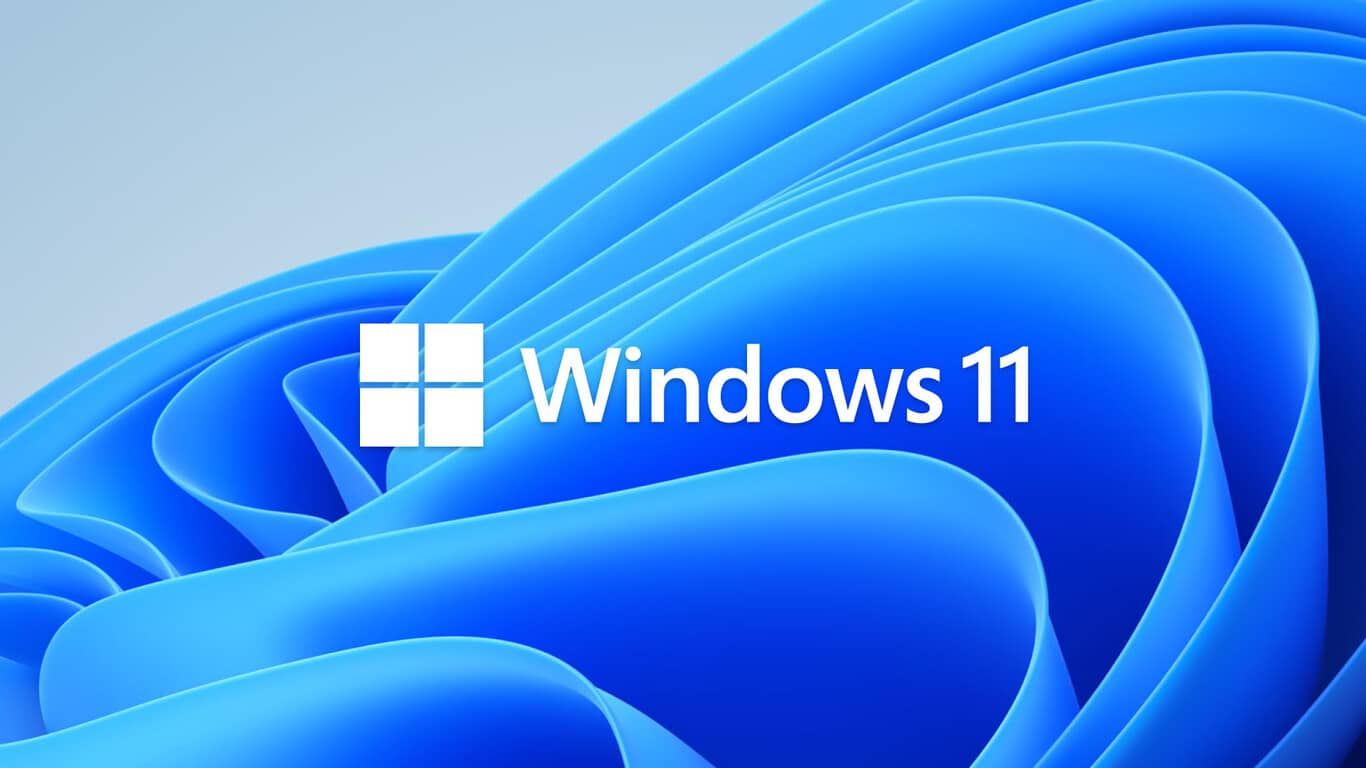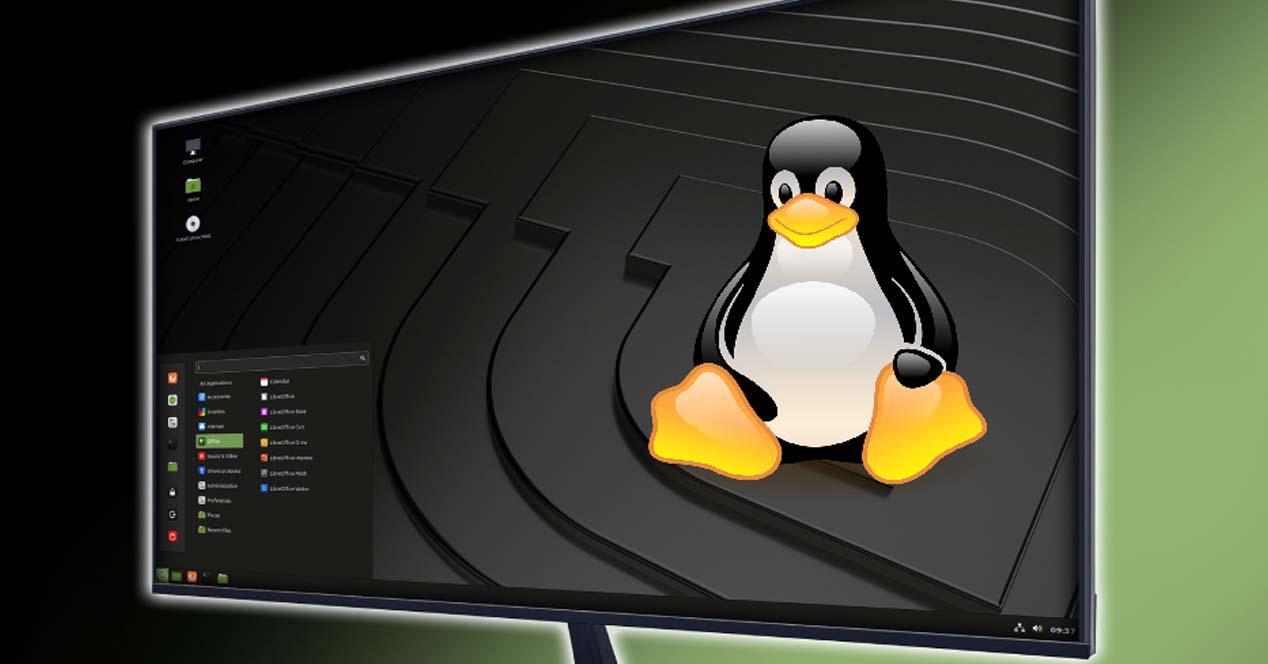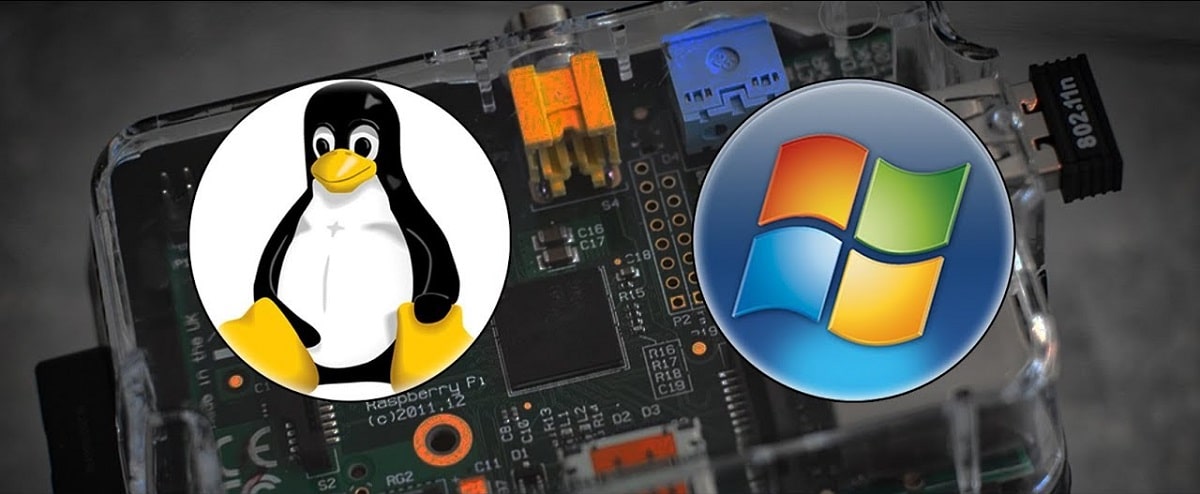
Linux vs Windows. Many have asked this question from time to time. And many are those who today continue to debate in this dilemma. Professionals who analyze the pros and cons of working with a Linux Server or with a Windows Server are with her. But normal users also see themselves in a similar position.
The former will end up finding the right answer by evaluating two factors: the languages they are going to use on their sites and the budget they have planned to allocate to the web hosting platform. The rest of us mortals may find ourselves a little more lost. So serve today's post to shed some light on the issue. Linux or Windows? What is better?
Until relatively recently there was a general belief that Linux was an operating system only suitable for professionals, while Windows was relegated to the use of "ordinary" users. The mob, come on. Obviously this is a somewhat crude simplification and therefore inaccurate. The truth is Each operating system has its own advantages and disadvantages. It will be the task of each of us to assess which is the one that best suits what we are looking for.
In this article we are going to carry out a detailed analysis of each of them and we will establish a comparison Linux vs Windows based on a series of specific criteria. Let everyone draw their own conclusions.
(*) For obvious reasons, Mac, the third party in contention, is excluded from this comparison. Especially since this operating system is reserved exclusively for devices manufactured by Apple.
Windows, the most used operating system in the world

Windows 11, the latest stable version of the king of operating systems
When Windows appeared on the market back in 1985, no one could yet imagine what it was going to become in the future. It was born as a simple graphical extension of MS-DOS. Of course, in those days it was difficult to foresee how important computer technology would be in our lives or how something called the Internet was going to change the world forever.
It is estimated that currently nine out of ten users have Windows installed on their PC. How do you explain its success and popularity? Probably one of the reasons is that most people have become accustomed to running Windows and cannot think of any other way to use their computer. However, it must be recognized that also it is an operating system clearly oriented to the average user, you do not have to have great computer skills. A great virtue that so far has made a difference.
This almost absolute dominance of the market has generated a series of undeniable advantages. One of them for example is the existence of countless compatible softwares. Many of these programs have been developed by Microsoft (the successful package Office, without going any further), although others are external programs conceived from the beginning with Windows in mind.
But not only the software: there are also many brands and manufacturers of computer equipment that sell their devices with Windows system already pre-installed. This is a strong condition for buyers to not even consider switching to Linux. Why complicate?
But in the face of all these great advantages, Windows users are also faced with certain drawbacks, some more serious than others. As a result of some bad experiences, not a few users have raised the doubt of confronting Linux vs Windows and perhaps even "changing sides".
On the one hand there are typical Windows errors that over the years have been the source of so many memes, jokes and jokes on the networks. The fearsome blue screen, for instance. On the other hand, it is logical for hackers to target their attacks (virus and malware) on the operating system with the most users globally. Users who, for the most part, are not experts in information technology and therefore are easier targets.
So, as a summary, we can classify the pros and cons of Windows in this way:
WINDOWS ADVANTAGES
- Easy to use, oriented to the average user.
- Lots of compatible software.
- It comes pre-installed on many devices.
DISADVANTAGES OF WINDOWS
- It is not an open source system.
- It is the target of many malware attacks.
Linux and the open source philosophy

Linux: open source and endless possibilities for its users
Let no one be confused: Linux it is not as new an operating system as it may seem at first glance. Its origins date back to the 60s, when a primitive system called Unix. That was the basis from which the American engineer of Finnish origin Linus Torvalds would develop this operating system more than thirty years later.
The main characteristic of Linux is its philosophy open source or open source. This means that this software is a code designed to be accessible to the public: any user can view, modify and distribute the code in the way they consider most convenient or desirable. It is therefore a decentralized and collaborative project. The purely commercial and economic aspect that characterizes Windows does not appear here.
Another difference to highlight the Linux vs Windows opposition is that of the different distributions offered by this operating system. In other words: Linux presents itself to its users in different ways (the best known is Ubuntu), which is at the same time a virtue, since it offers more options to users, but also a defect, as this is also a burden when it comes to competing with the Microsoft giant.
There is the not-so-argued idea that Linux users have more technical knowledge than Windows users. Fleeing from elitism, it is necessary to highlight an aspect regarding the interface of this operating system, which in many occasions it requires the use of commands in the console (something inconceivable in Windows). To handle that smoothly, you have to know how to do it. In any case, everything can be learned.
But the fact that Linux is considered a platform intended for a limited audience has in itself a great disadvantage: the compatible software available is much smaller than the one available to Windows users. It is logical: the creators of these programs prefer to go safe and bet on Windows.
Despite that, convinced Linux users have no doubts about it: this operating system gives them a much broader field of use and configuration possibilities than Windows. And this is an important point that they value above any other.
Finally, as we have done when analyzing the advantages and disadvantages of Windows, this is the summary of the strengths and weaknesses of Linux:
LINUX ADVANTAGES
- It is an open source project (open source).
- It offers great development possibilities.
- It's free.
DISADVANTAGES OF LINUX
- Limited compatible software.
- Its use and installation requires certain prior technical knowledge.
Linux vs Windows: final verdict

Linux or Windows?
As if it were an evening of boxing, the two opponents place each other in their corner of the ring and it is time to decide: Linux vs Windows. Which one are we left with? Victory, as happens in so many fights, will be decided on points. Let's review in detail the most important in these ten points:
- Stability: slightly higher on Linux.
- Interface: both are very intuitive and simple, although Linux may require the use of console commands.
- Installation and uninstallation- Simpler on Windows, but more efficient on Linux.
- License model: The difference between both operating systems is like night and day. Let's remember again that the Linux kernel is open source. That is its main hallmark.
- Price: Windows is paid, while Linux is mostly free.
- Security- The threat of viruses and malware in the case of Windows is much greater.
- Software: abundant for Windows, scarce for Linux.
- Support: Windows' is corporate, while Linux's comes from the same user community.
- Use: To handle Linux well requires some specialized knowledge that will not be necessary to work with Windows.
- Speed: under the same conditions, Linux works faster.
Conclusion: Considering the previous ten points objectively, there is no doubt that Linux outperforms Windows in many of them. However, it is important to note that to get the most out of this operating system it is necessary to know and handle it well.
In other words, for the average user who does not have to have great technical skills, Windows is without question the most comfortable and simple option. If, on the other hand, this does not represent an insurmountable obstacle, it is worth giving Linux a try, since the reward can be very valuable.